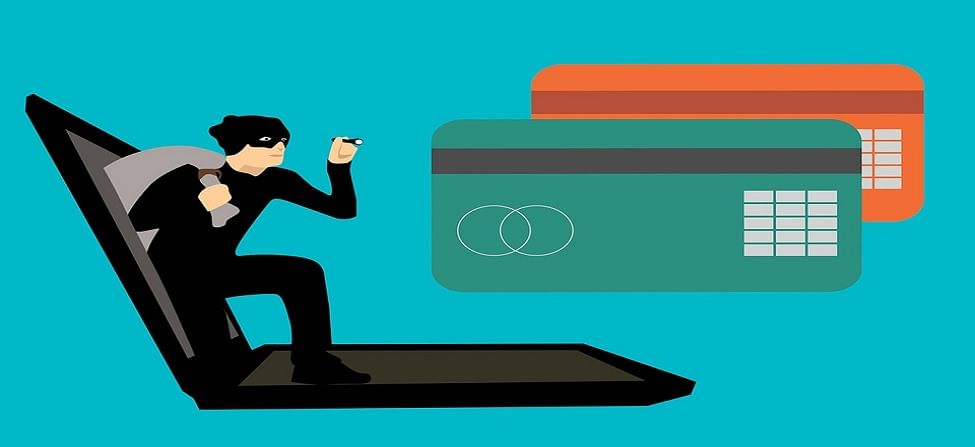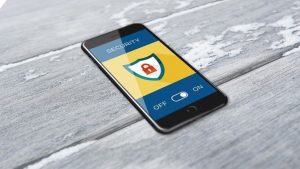Five ways to protect yourself from cyber fraud in times of Covid
Here are five things you could do to protect yourself against cyber theft
- Noopur Praveen
- Last Updated : May 31, 2021, 17:35 IST

There has been a momentous surge in cybercrime during the Covid-19 pandemic. Most of us have shifted our activities online due to prolonged lockdowns and other Covid restrictions. Digital shopping, online money transfer, virtual meetings, etc. have given internet fraudsters an even bigger pool of prey to hunt.
As human dependence on technology seems to grow further, cybercriminals see this as the perfect opportunity to steal your sensitive data amid a sudden push to digitisation.
What is cybersecurity?
It is the practice of protecting electronic devices like laptops, mobile phones, tablets, etc. from malicious attacks. As we hop on to the trend of cashless living, more transactions are done online. One uses digital money like credit and debit card for frequent shopping and expenses. Online fraudsters have an eye for such sensitive bank details that may be stored on your device and can easily be accessed via smart methods.
Here are five things you could do to protect yourself against cyber theft.
Ensure SIM protection

SIM cloning can prove to be really dangerous for the victim. It takes 30 minutes for anyone to clone your SIM, put it on a new device and receive OTPs and other texts sent originally to your device by the banks, etc. Scamsters target internet banking linked to these SIM cards to steal passwords and other key information to execute online transactions in the name of the owner.
Never store card details on your phone

Constant pop-ups flash on the screen every time you make an online transaction. These remind you to save card details and avoid an extra step next time you make a similar transaction. While it may appear convenient, don’t fall for the trap.
Saving card details on a device or website can make your digital transaction vulnerable to theft. Remember to switch off the ‘auto-fill’ option in your browser and re-enter details for new transactions.
Unsubscribe from anonymous newsletters, promotional offers

Financial institutions and banks send a flurry of promotional offers and newsletters to your email address. While some of these offers might actually be a good bet, most of them clutter your mailbox and increase the chance of clicking on an unsecure or fraudulent mail. Limit your subscription to key information and unsubscribe promotional offers to maintain a safe distance from digital frauds.
Don’t click on unknown links

Many people use the internet on ‘need-only’ basis. However, the pandemic has changed this and today the internet has become the only source for all of one’s needs. You may get bombarded with a series of phishing emails and messages that appear genuine at first glance. Since it’s not possible to differentiate between a genuine and fraud link, it’s best to not click on any such links unless verified. Always look for a small ‘lock’ symbol at the extreme left side of any URL before entering sensitive information on the following webpage.
Be cautious of your phone data

The downloaded apps on your device shouldn’t be given access to all your data – photos, location, email, SMS, microphone, camera, etc. Banks often send verification emails, credit and debit statement texts, balance amount details on your phone. Apps, if given permission, can access such sensitive data.
Remember that all the data shared with apps get stored there and can be misused. Never download anything from unsecured websites, don’t trust apps that claim access to paid OTT platforms, and always lock your device with antivirus software.
Download Money9 App for the latest updates on Personal Finance.
Related
- Why are e-comm users turning extra cautious? How to avoid dark pattern attacks?
- Have you received an email or notice from the Income Tax Department?
- Microsoft Global Outage: What led to the ‘Blue Screen of Death’?
- Save your card from getting cloned!
- SOP out to recover defrauded money
- Apple Alerts iPhone Users of New Spyware Attack

